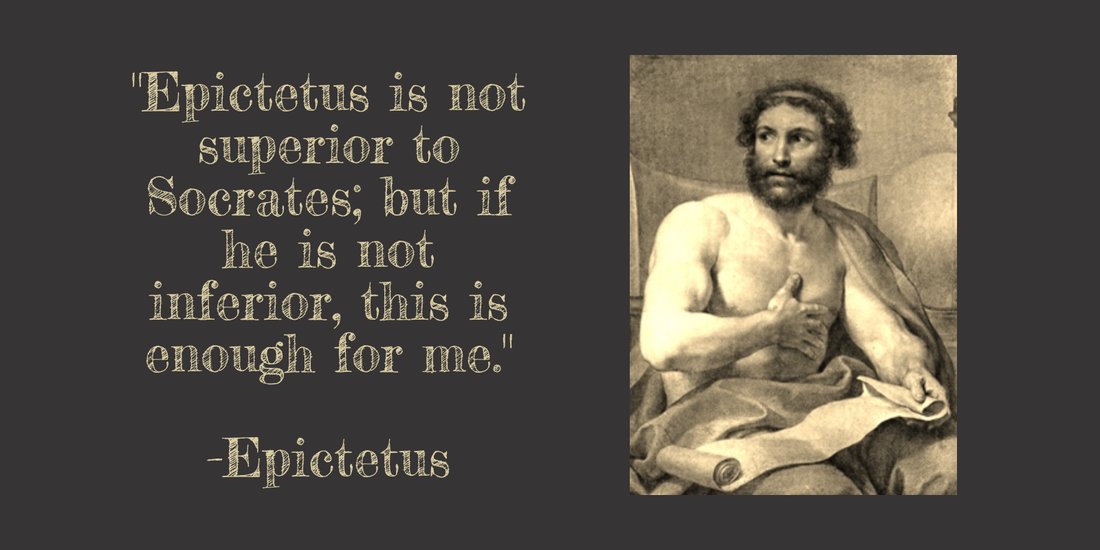My friend Jonas Salzgeber of NJ Life Hacks noted that self-compassion may be missing from Stoic philosophy when I interviewed him on my YouTube channel. Jonas is right that there certainly seems to be a tendency towards perfectionism in Stoicism. Reading Marcus Aurelius' Meditations, one would get the impression that Marcus was an awfully dour guy who beat himself up when he fell short of the ideal of the Stoic Sage.
But in spite of a strong tendency towards the perfectionism of the Sage, I believe that self-compassion is actually present in Stoicism, and that such self-compassion can give us strength and perspective.
Is the Sage an Impossible Ideal?
I actually tend to take much more inspiration from real people who overcame struggles, like Cicero for example, than I do from an impossible ideal which only exists as an archetype. The Sage archetype is abstract; being human means having flaws. Real life role models will always have flaws just as we do, but when a real life role model struggles to overcome them, it is inspiring.
Cicero himself doubted the existence of the Sage, in On Divination 2.61: “It happens more often that a mule begets than that a Sage comes into existence.”
Self-Compassion in Epictetus
But that which is great and superior perhaps belongs to Socrates and such as are like him. Why then, if we are naturally such, are not a very great number of us like him? ... Epictetus is not superior to Socrates; but if he is not inferior, this is enough for me; for I shall never be a Milo [a great athlete], and yet I do not neglect my body; nor shall I be a Croesus, and yet I do not neglect my property; nor, in a word, do we neglect looking after anything because we despair of reaching the highest degree.
The sense of this passage seems to be that there are few who are great like Socrates – both extremely rational and willing to die for integrity. He is the exception rather than the rule. But the rest of us shouldn’t give up on trying to lead a good life because we aren’t just like Socrates. Epictetus may not be Socrates, but that is no reason for him not to be the best Epictetus possible.
We need not compare ourselves with anyone exceptional in order to be virtuous, or give up on trying to improve ourselves just because we aren't the epitome of perfect reason. That seems like self-compassion.
Epictetus goes on to suggest that we don't start out being virtuous - we can instead make use of the challenging times in our lives to develop necessary courage and discipline. We can work at responding to challenges with increasing levels of virtue and skill, while turning our attention away from things beyond our control:
How, he replied, does the bull alone, when the lion has attacked, discover his own powers and put himself forward in defence of the whole herd? I...Now a bull is not made suddenly, nor a brave man; but we must discipline ourselves in the winter for the summer campaign, and not rashly run upon that which does not concern us.
Epictetus leaves us with a message of self-compassion which shuts down any notions of perfectionism. There is no point in beating ourselves up over our shortcomings. Regardless of our individual struggles, as long as we are making progress, that is good enough for Epictetus. It should be good enough for us too.
~
You May Also Like:
The Most Powerful Tool For Living Your Best Life
How to Be a Badass According to Cicero
Applying Stoicism When Life Gets Tough










